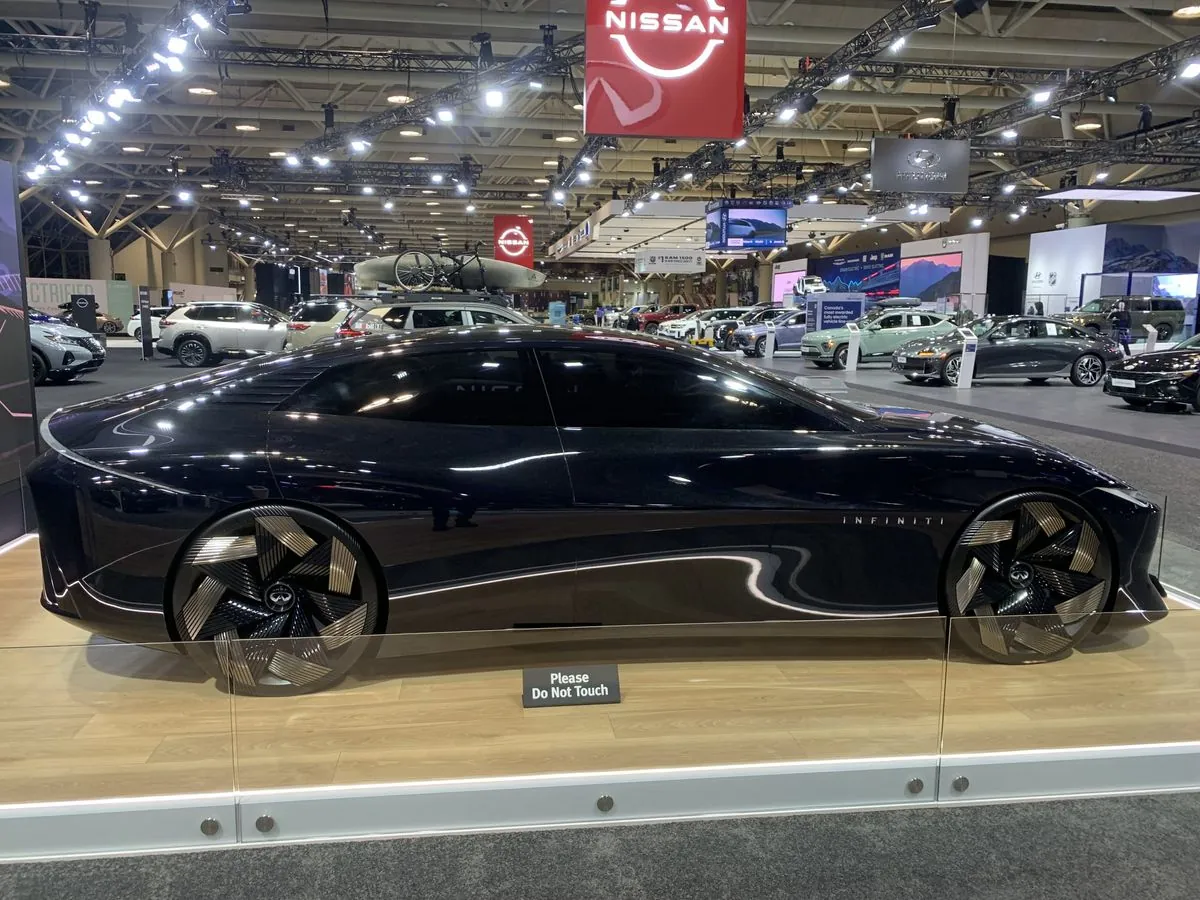China's EV Dominance Challenges Western Markets and Climate Goals
China leads global EV market while Western SUV sales soar. Tariffs on Chinese EVs raise questions about green transition priorities. Tesla struggles amid shifting market dynamics.

The global electric vehicle (EV) market is experiencing a significant shift, with China emerging as the dominant force while Western markets grapple with conflicting trends. This transformation is reshaping the automotive industry and raising critical questions about climate change mitigation efforts.
In Western nations, large SUVs and pickup trucks have reached unprecedented sales levels, despite their substantial carbon footprint. Patrick Schröder highlights the environmental impact of this trend, noting that "if SUVs were a country, they would be the world's fifth-largest emitter of CO2." This stark comparison underscores the urgent need for a transition to more sustainable transportation options.

Contrastingly, the EV market in the United States remains relatively small, accounting for only about one-tenth of total passenger car sales. This figure pales in comparison to China's thriving EV sector, which has become the world's largest. China's success extends beyond its domestic market, with the country exporting EVs at record rates in recent years.
The rise of Chinese EV manufacturers has posed challenges for established players like Tesla. Despite being a pioneer in the industry, the U.S.-based company has underperformed this year, facing increased competition and changing market dynamics. Tesla's struggles reflect the broader challenges Western automakers face in adapting to the rapidly evolving EV landscape.
In response to China's growing dominance, the United States and European countries have imposed tariffs on Chinese EVs. However, this protectionist approach has sparked debate about its potential impact on the global green transition. Critics argue that such measures may slow the adoption of EVs and hinder efforts to combat climate change.
The geopolitics of EVs extend beyond trade policies, encompassing issues of technological innovation, supply chain control, and energy security. As the industry continues to evolve, policymakers must balance economic interests with environmental imperatives to ensure a sustainable future for transportation.
"Electric vehicle tariffs put geopolitics before climate change"
This complex landscape presents both opportunities and challenges for the global automotive industry. While China's EV sector flourishes, Western governments face the task of accelerating their own green transitions while addressing the persistent popularity of high-emission vehicles.
As the world moves towards a more sustainable transportation future, the interplay between market forces, government policies, and environmental concerns will shape the trajectory of the EV industry. The outcome of this global shift will have far-reaching implications for both the automotive sector and international efforts to combat climate change.


































